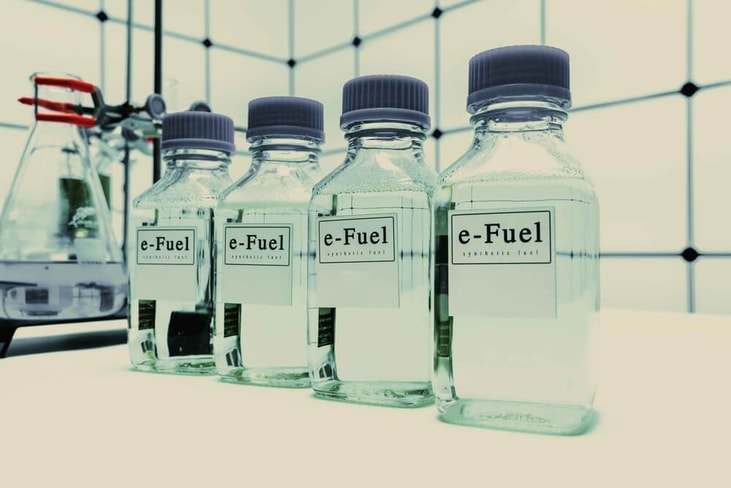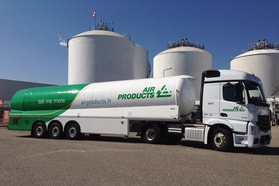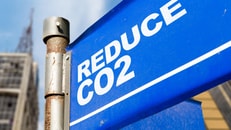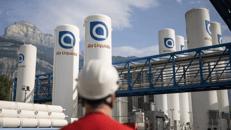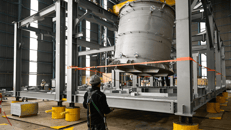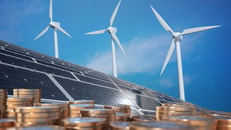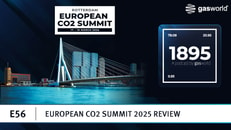Spanish e-methanol project taps biogenic CO2 and green hydrogen
Three European energy companies are planning to develop an e-methanol plant in Spain that will capture around 380,000 tonnes of biogenic carbon dioxide, which will be used to produce 200,000 tonnes of synthetic methanol each year.
Spanish renewable energy firm Magnon will oversee the carbon capture portion of the project, while partners Power2X and ErasmoPower2X will handle the hydrogen supply. Part of this will see ErasmoPower2X supplying green hydrogen from its facilities in nearby Saceruela.
The project will be located at Magnon’s industrial complex in Puertollano, Ciudad Real, where the carbon capture technology will be fitted into its existing biomass plant.
As a fossil-free feedstock, e-methanol could help to decarbonise hard-to-electrify sectors in Spain – a country which is targeting a fully renewable energy system by 2050.
... to continue reading you must be subscribed

